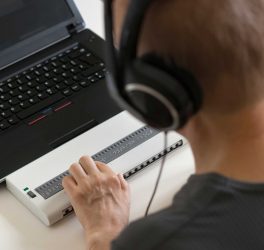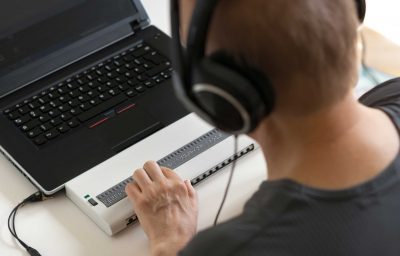
Kenya’s First Lady Margaret Kenyatta has called for enhanced digital inclusion for people with disabilities to reduce technological barriers that prevent them from accessing services.
“The need for digital solutions has been amplified by the COVID-19 pandemic, which has made it necessary for people, communities, and businesses to rely on access to the internet, smart technology, and online services to survive.” said Margaret.
“Most affected by the pandemic have been vulnerable, people who are blind and have low vision who, due to their circumstances, have faced multiple forms of digital exclusion such as lack of computer assistive technology, inaccessible websites or online content,”
First Lady Margaret Kenyatta spoke on Thursday when she delivered the keynote address at the inaugural virtual Inclusive Africa Conference 2020 that attracted over 1000 participants from across Africa.
The conference was organized by inABLE, a nongovernmental organization based in Kenya and the United States of America, running programs to assist children with visual disability for the last 10 years.
The First Lady emphasized the need to scale up digital access and inclusion by adopting regional and global best practices to ensure young people with disabilities are not left behind in contributing to Kenya’s development.
She expressed concern that digital services and products that fully cater to persons with disabilities, including people who are blind or have low vision, were still lacking in many areas.








